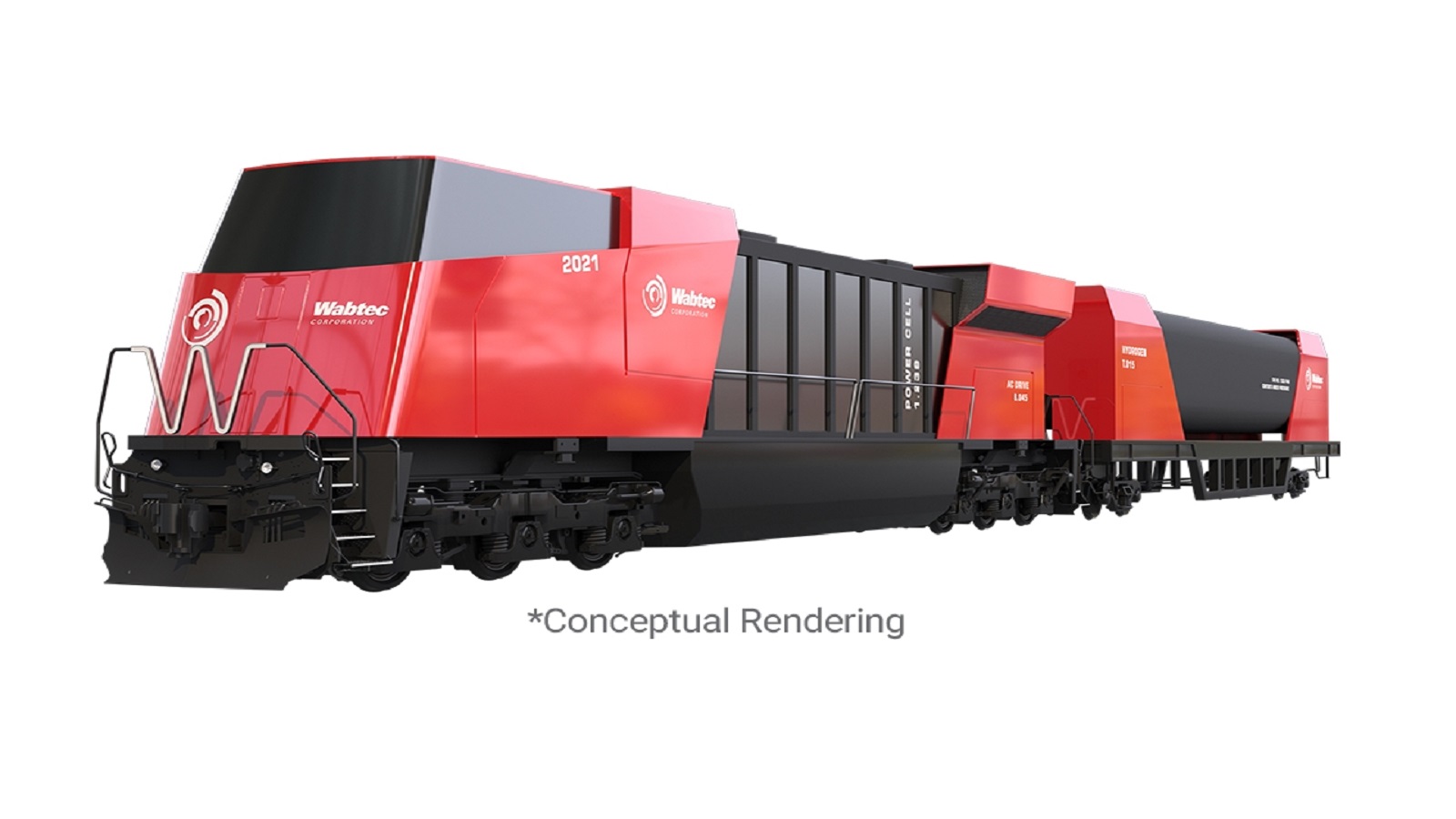Argonne researchers are working with their counterparts at Oak Ridge National Laboratory (ORNL) to explore rail options focused on zero carbon hydrogen as a viable alternative to diesel for the rail industry.
Through a multi-year partnership with Wabtec, a leading manufacturer of freight locomotives, the laboratories’ research teams will develop hardware and control strategies for rail engines to power the next generation of trains with up to 100% hydrogen and other low-carbon fuels. The goal is that these engines will deliver the same power, range and cost-effectiveness as current diesel technology.
Hydrogen is an energy carrier that can be produced from clean energy sources such as solar and wind power, and scientists have studied hydrogen-powered vehicles for decades, However, hydrogen is a newer area of research in rail.
As part of this collaboration, Argonne will leverage more than a decade of experience in modeling hydrogen injection and combustion to create a modeling framework to study combustion and emission control technologies used in hydrogen combustion engines. Researchers plan to use Argonne’s high-performance computers to develop simulation software to predict the behavior of combustion engines as operating conditions change and hardware is modified. These simulations help scientists understand the combustion process, which drives engine efficiency and reduces emissions.
Each diesel-powered locomotive that is converted to a zero- or low-carbon energy source is anticipated to save up to 5.6 million pounds of carbon dioxide per year.
